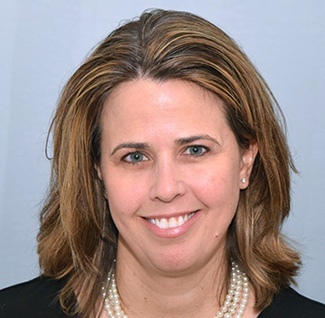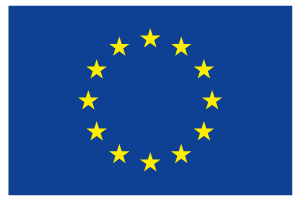
Dr. Laurie Conklin is a pediatric gastroenterologist with an interest in pediatric drug development and improving access to safe and effective therapies for children. For the past several years, she has been working with ReveraGen on the vamorolone trials in Duchenne muscular dystrophy. Dr. Conklin was awarded a bioethics grant to conduct a study facilitating the return of patient data from the vamorolone studies data to parents/caregivers. A main goal of the study is to learn from families and physicians about the return of patient data.
We asked Dr Conklin about the process:
Why is ReveraGen returning data to study participants?
From talking to parents and foundations, it became apparent that families are interested in having access to their child’s study data. Clinical trials often are ‘blinded’ to preserve the integrity and validity of the study, but this usually means parents don’t know if their child has received drug or placebo, or how their child’s response to the experimental drug compared with others in the study.
How soon after the study has ended can families access the data?
The study needs to have been completed, the study information datalocked, and the clinical study report produced before data can be accessed.
Will all patients be eligible to request their data?
Yes. All DMD patients who participated in the vamorolone clinical studies can access their data. We are currently able to return data to the Phase 2a study participants (VBP15-002, 003), as these studies are completed. We anticipate returning the LTE data late 2020 after the data lock and study report are complete. Participants in the Phase 2b study (VBP-004) will be able to access their data once the study is completed, however they can consent now so that data can be returned when it is available.
How do participants access the data?
As the return of data is being conducted as a bioethics-related research study, patient parents or caregivers need to self-refer themselves to the centralized study coordinator, Suzanne Gaglianone (ReveraGen). Suzanne will explain the study, and if the parent wishes to participate, they will be emailed consent forms to review and sign. This consent will allow for identification of the patient in the study database, and delivery of the child’s data by the designated coordinator. Once the consent forms are signed and returned, Suzanne will collect information needed to facilitate the data return including the postal address, parent name and email address, and the child’s date of birth and study site (which are used to locate the child’s data from the database). These data are kept in a secure, password-protected database.
The child’s study data are downloaded onto an encrypted USB drive and mailed to the parent; a password that is needed to unlock the encryption is emailed to them. Before and after the drive is sent to the home, Suzanne will email a Survey Monkey to find out more information about parental preferences and reactions to the data return. Responses are anonymous; they will be compiled with others but will not be linked to participants.
The returned data will include their son’s clinical trial data (including study arm assignment), and a comparison to others in the trial via an anonymous aggregate data report.
It is important to realize that aggregate data from completed trials are already freely available to anyone at the clinicaltrials.gov website.
Will study participants be contacted or do they need to request their data?
Anyone who is interested in finding out more information should contact Suzanne Gaglianone at ReveraGen by email: [email protected].
What data will patient’s families receive, how will it look and in what form?
The child’s study data are downloaded onto an encrypted USB drive and mailed to the parent; a password that is needed to unlock the encryption is emailed to them. Aggregate study data from the study is also downloaded to this drive.
Will the data be returned in the participants language?
Yes. If the family would prefer to communicate in a language other than English, Suzanne will arrange for a telephone interpreter for the informed consent call. The informed consent form will be translated into the family’s native language. The data form and the Survey Monkey will be translated as well.
Will the patient’s clinician be aware that the families have been given the data?
The study site physicians will be notified that one or more of their patients participated in the return of data study and will receive a SurveyMonkey querying their feedback on the overall process. However, the child will not be named, and the physician will not receive any information about the child. If parents would like to share this data will their physician, they are welcome to do so.
If patient’s families have questions about the data who should they contact?
Families may contact Suzanne Gaglianone at [email protected] if they have questions.

